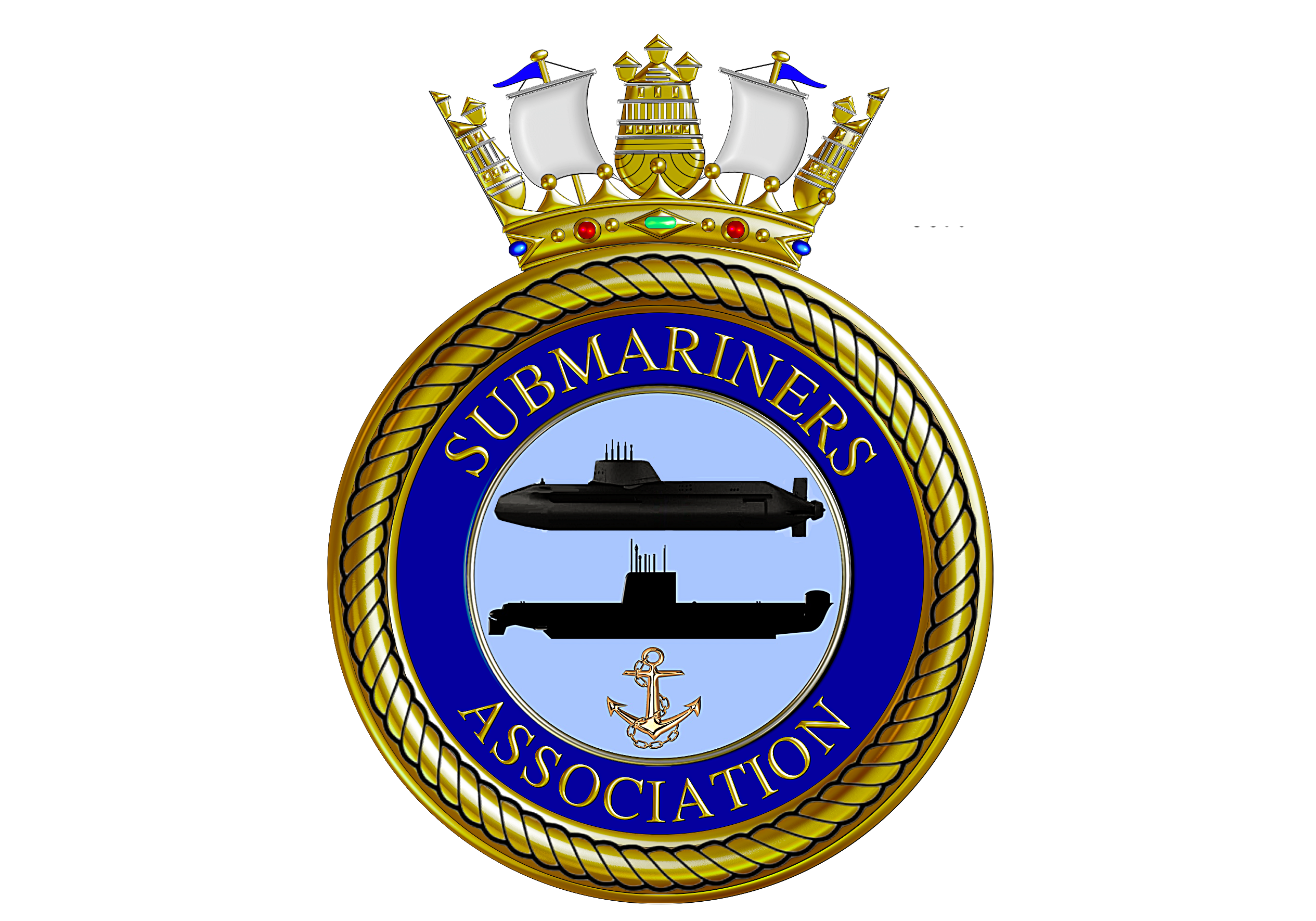FAMILYGRAMS
All you need to know
During deployments you will be able to send FAMILYGRAMS or FAMGRAMS to your submariner. The FAMGRAM is a one-way means of communicating a short message from you to the submarine. It cannot be replied to. FAMGRAMS should ideally be sent either twice a week (and each should consist of no more than 60 words), or once a week (consisting of no more than 120 words). The words permitted are inclusive of the person’s rank or rate and name.
How it works
There are two methods by which FAMGRAMS can be sent; by post or by email. Both of which are perfectly acceptable. FAMGRAM forms are not private and should be imagined to be similar to a postcard (i.e. read by the postman). Once they are received in Faslane they will be read by the Support Crew Duty Officer or the 5th Watch Duty Officer (I will call them the Duty Officer for the sake of simplicity) to ensure no codes or bad news are enclosed (see later) and subsequently typed up by the communications staff. This is then checked for errors (by the Duty Officer) and once again at the Headquarters before being transmitted to the boat.
Once received on board they will be checked by the Commanding Officer before distribution to the relevant individuals. This process means your message will be seen by several people prior to reaching your loved one. Confidentiality will nevertheless be maintained.
Good News, Bad News
The aim of the FAMGRAM scheme is to provide a means where a very short message can be sent to loved ones updating them about life at home. Because of its length it is not the ideal method of explaining complicated scenarios.
So, in urgent or difficult situations, it is possible to send other, longer messages to the submarine. Such messages might include news of births (sent specifically in the form of a BABYGRAM), deaths, serious injury or marital problems of close family that might cause concern for you and by association your submariner.
Messages of such a private nature will be seen in the Naval Base only by specially nominated personnel and on board the submarine by the Commanding Officer, before reaching their recipient. These messages should be sent to the relevant Duty Officer directly and not via the FAMGRAM email.
The Duty Officer can provide further guidance where required. Your submariner will already have filled out a form stating who they wish to receive information from, FAMGRAMS received from individuals not included on the form may not be sent to the submarine until confirmed as genuine by the Duty Officer.
Sometimes, because of the protracted nature of a submarine’s work-up (training), FAMGRAMS will be sent throughout this period. The Commanding Officer will write detailing the process before sailing. The same email address will be used. Prior to the deployment, your submariner will have filled out a questionnaire (stating how often they expect to be receiving messages, from whom, and whether any good or bad news is expected whilst they are away).
Do discuss these topics before they sail.
If your submariner asked for the sender to be prompted on a delay of receiving a message (normally 10 days), you will receive a reminder.
A FAMGRAM will not be sent if it is suspected of containing a coded message or any bad news.
Any FAMGRAMS received which contain bad news will be held until further enquiries can be made. If there is a major problem and you need help or think an urgent message to the submarine is required, please contact the 24 hours Joint Casualty & Compassionate Centre (JCCC) on 01452 519 951 and the Duty Officer.
Bad News which is sent to the boat is held by the Captain until he is in a position to land the affected submariner this is normally in the last day or two of the patrol depending on circumstances.
News and Sport
News and sports news is regularly sent to the submarine by the Headquarters at Northwood and by the communications team in Faslane. These teams try to send news of a local flavour and therefore if you notice an item in your local newspaper which might be of interest. Please enclose it with your FAMGRAM. The team ashore will subsequently do their best to include it on the next news signal.
Of course there no guarantees news articles will be sent as this depends on the nature of the news, its interest to the Ship’s Company and the availability of space on the submarine broadcast to send it.
FAMGRAMS by Post
If you choose to send FAMGRAMS by post, a pack will be issued to your submariner or sent to your address. In this pack there will be instructions on sending your messages, blank templates for you to insert your messages and pre-paid envelopes.
Writing the following address on your envelope will cover the postage cost: BUSINESS REPLY SERVICE LICENCE NO PHQ3, MAIL OFFICE, HMS NEPTUNE (FOR HMS [name of the boat]) FASLANE, HELENSBURGH, G84 7XA
FAMGRAMS by Email
If you wish to pass your FAMGRAM by email, the procedure is:
- Start a new email.
- In the ‘To’ field enter your loved one’s unit email address navy-hms[name of boat][email protected].
- In the ‘Subject’ field, enter your loved one’s Rank/Rate and name followed by service number. For example:LET SMITH 30134462
- Type your message remembering to check the number of words does not exceed 60 or 120
On receipt of the email, the duty communicator will acknowledge your email by replying to it. The message is typed up, checked, and put onto the next FAMGRAM signal to be sent to the boat.
If you have any problems or have any questions, please email the relevant address below or contact the Duty Officer who will try their best to resolve the problem. Emails sent after 3pm will proably not be replied to until the next working day.
Example FAMGRAM
Subject: AB BLOGGS 30112345
HI MY LOVE I HOPE ALL IS WELL WE ARE ALL MISSING YOU LOVE MUM
As you can see it is all capitals and no punctuation is used in the text.
Advice to Non-Participants in the FAMGRAM Scheme
If your submariner has decided not to receive FAMGRAMs there is still a method of sending important news to them in some circumstances (for example births and deaths). In this instance, call the Duty Officer for further guidance. Even though they have opted out of this scheme, it is highly recommended that you discuss with them whether they wish to be informed of any bad news whilst at sea or on their return. If there is a major problem and you need help, or think an urgent message needs to be passed to the submarine, see the Emergency Help section on this website.




